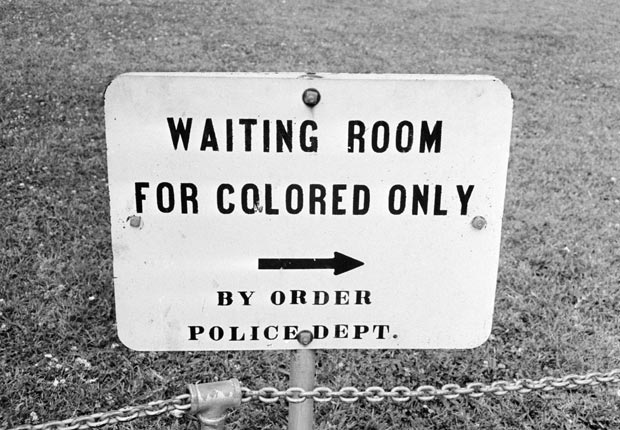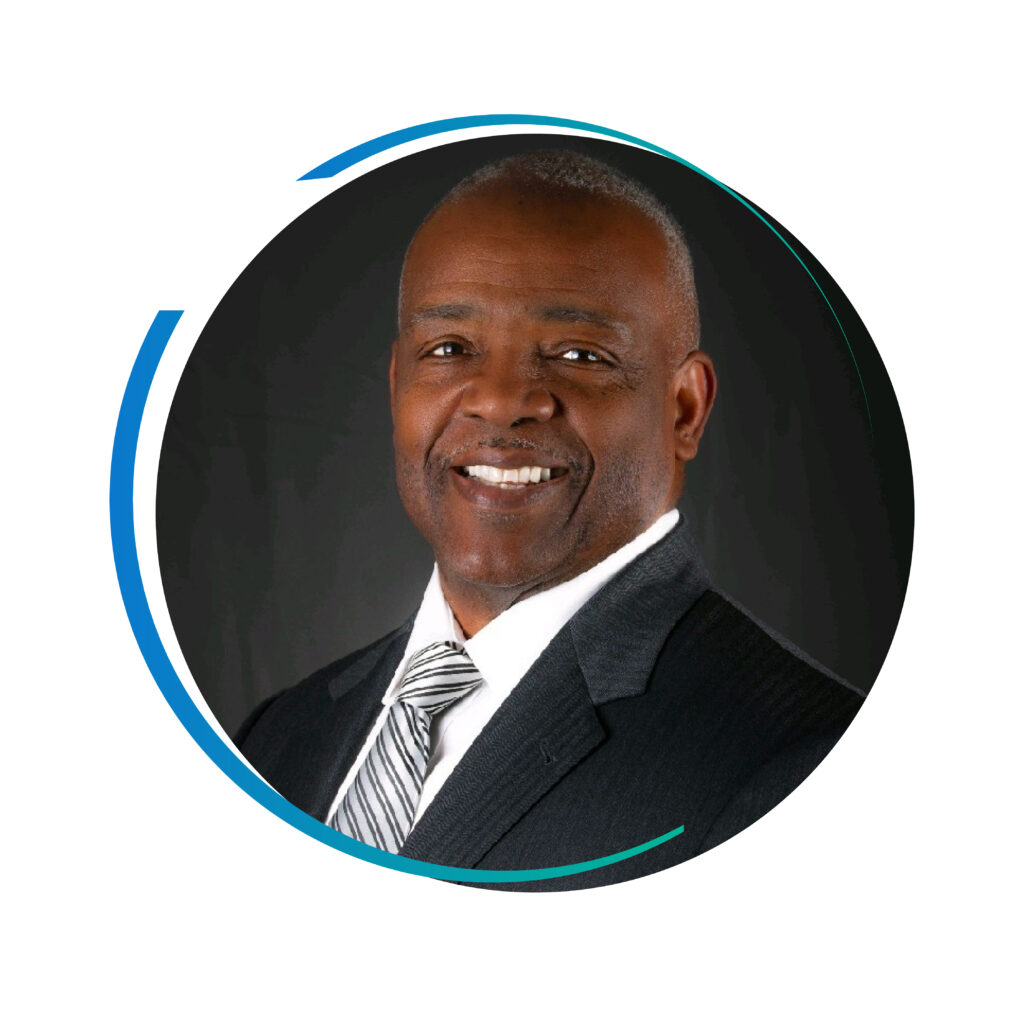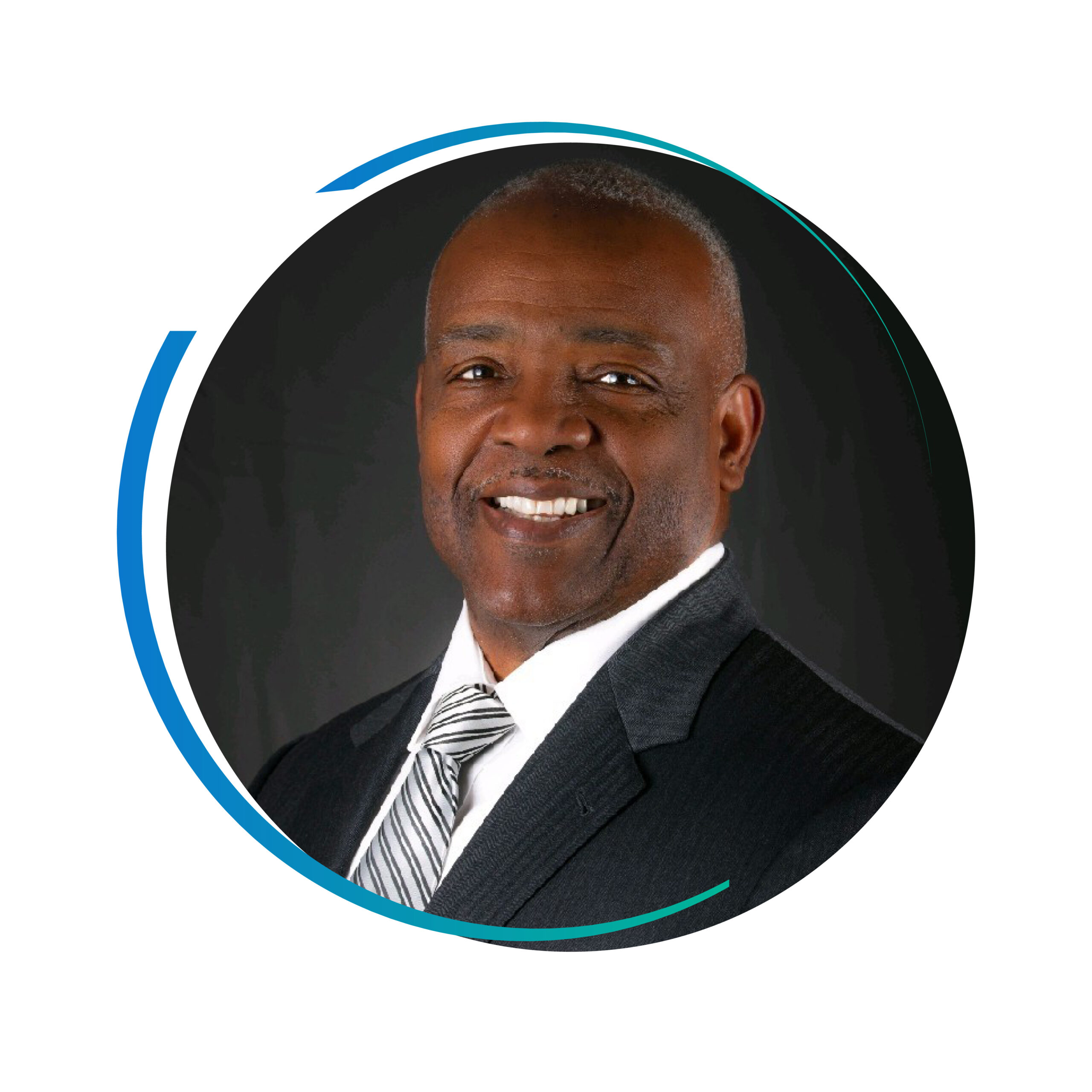Brye McMillon, DMin, Senior Security Manager, and engaged Leader of the Black Excellence Council at Lockheed Martin, explains the challenges he faced and the successes he realized as a Black Leader – in his own words
I joined the workforce in 1978, in high school, and then went into the Air Force in 1981.
I grew up in a little town called Orrville, Alabama. In 1979, I went to the doctor’s office because I played basketball and had a muscle spasm. There were signs on the door that said, ‘Coloreds enter here. Whites enter here.’ That’s my view of the world coming out of high school.

Forty-five years ago, from a diversity, equity, and inclusion standpoint – from any minority standpoint – very few people of any minority met the qualifications for higher-level management. The challenge then was you couldn’t get the job because you didn’t have the education or the experience. But you couldn’t get the education and experience because you don’t have the job or access to it.
Then I went to the military, and overall, the view was equal opportunities for all. Everybody gets a chance. But you notice that leaders were predominantly white males.
I was mistreated when I was on my second tour in England. My leader was doing their best to disadvantage me and discourage me by writing me up for minor things. The only thing that saved me was one of the things they tried to write me up for.
In the Air Force, your appearance was critical. I always wore my hair very short, and my leader said, ‘I’m going to write you up because you need a haircut.’ So, I went to the flight chief, the senior person, and said, ‘Hey, do I need a haircut?’ He said, ‘No, you don’t have any hair to cut.’ That was my introduction to bias in the workplace. As time passed, that bias started to change, but it was still an undertone.
Those getting promoted were not the minority. My initial thought was, ‘Well, I’m not getting promoted because I’m a minority.’ Then I learned that’s only a part of it. We were not being mentored or developed and therefore didn’t have the skills or abilities to grow, nor did we aspire to that level.
So, minorities were generally not getting promoted because nobody was helping them.
Eighteen years later, I had the highest rank that I could be in the Air Force, and now I am in top leadership at Lockheed Martin.
Be the change, inspire change
I have always tried to be the change that I want to inspire others to be.
I must figure out how I engage every generation and how to inspire them based on their values. That is a big challenge for leaders. I am 61 years old. I’ve got 25 people working for me. How do I inspire them to get to my position?
The only way I can do that is to get to their level and figure out what’s important to them, then be able to translate their values to the company’s values and vice versa so that they see a benefit to staying where they are with the company and that we can get them to where I am.
One of the challenges in corporate America is that there is often no clear path from the bottom to the top. In the military, you come in as a new recruit if you enlisted or an officer if you’re out of college. They can tell you everything you need to do to progress. If you want the opportunity, you have to do these things. But there’s often no definitive answer if you ask that question in corporate America.
The desire for diversity, equity, and inclusion in the workplace is admirable. However, in too many cases, it has merit at the top, but it loses merit as it gets closer to the bottom. I believe that’s the biggest hurdle to diversity in the workplace. Change initiatives must be developed at the top, but they must be implemented at the bottom with the worker.
The Black Excellence Council is one of Lockheed Martin’s Business Resource Groups (BRGs). The company’s BRGs and employee networks are key components of workplace inclusion programs, providing a direct benefit to both employees and the corporation through professional development, awareness, and education. Lockheed Martin’s BRGs are voluntary, employee-led groups that foster a diverse and inclusive workplace aligned with our organizational mission, values, goals, and business practices.

Brye McMillon, DMin, Senior Security Manager, and engaged Leader of the Black Excellence Council at Lockheed Martin
Brye McMillon is currently serving as the Senior Security Manager, Southern Region, for Lockheed Martin Space Company, Huntsville, Alabama. In this role, Brye provides security management, leadership, and oversight for a team of Security Professionals throughout the Southern Region. He is a leader of leaders and is focused on the development and well-being of his team. Brye is a leader in every aspect of life. When not leading at Lockheed, Brye is the President of a Not-for-Profit entity dedicated to caring and development of the individual and community in which he lives. Additionally, he serves as Pastor at Ebenezer Missionary Baptist Church, Athens, Alabama. He is a 30-year retired Air Force Veteran and holds a Doctor of Ministry Degree from Liberty Theological Seminary. He is a Graduate of the FBI National Academy and holds a Graduate Certificate in Higher Educational leadership from Northcentral University, Scottsdale, Arizona.




